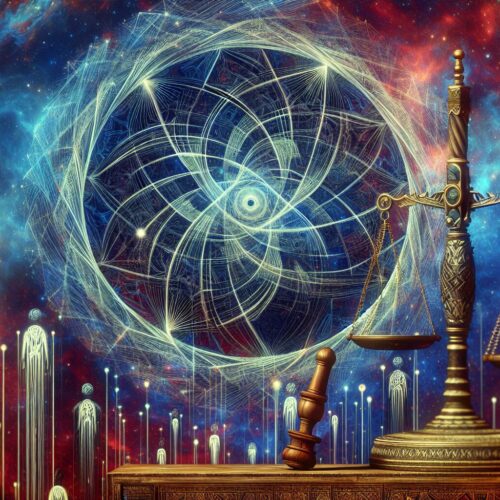As human civilization evolves, the interplay between religion and politics continues to shape the course of history. Monotheism, the belief in a single supreme deity, holds a particular influence over political affairs, prompting us to inquire about its impact on power dynamics, social policies, and cultural norms. In this article, we embark on a journey to unravel the intricate relationship between monotheistic faiths and politics, delving into untapped viewpoints that provoke critical reflection and enlightened discussions.
The Historical Roots: A Tapestry of Faith and Power
Throughout history, monotheistic religions like Christianity, Islam, and Judaism have often found themselves at the center of political discourse. The influence of religion on politics can be observed in ancient civilizations such as Mesopotamia, where kings claimed their authority through divine right. In medieval Europe, the Catholic Church wielded immense power, acting as both a spiritual and political force. These historical precedents set the stage for the ongoing relationship between monotheism and politics.
The Boundary Between Church and State: Walking a Tightrope
One of the most significant challenges in the interplay of monotheism and politics lies in defining the boundaries between religious institutions and the state. While the separation of church and state is often regarded as fundamental in democratic societies, the reality is often far more complex. In some nations, religious leaders hold political offices, shaping policies with a religious lens. Conversely, political leaders may seek the endorsement of religious authorities to gain legitimacy. Striking a balance between religious freedom and secular governance remains an ongoing ethical and legal debate in many societies worldwide.
Religious Values and Public Policy: Collision or Confluence?
The impact of monotheistic belief systems on public policy cannot be underestimated. Religious values often shape political ideologies, influencing policies on issues such as reproductive rights, LGBTQ+ rights, and social justice. This intersection can lead to both divisive conflicts and moments of convergence. While some argue that religious influences hinder progressive change, others contend that these values can serve as a moral compass, inspiring compassion, empathy, and equality. Understanding the nuances of this interplay is essential for fostering constructive dialogue and shaping inclusive policies.
Faith Communities as Political Actors: Mobilizing the Masses
Faith communities, with their strong organizational structures and unwavering belief systems, have the power to mobilize their followers toward political causes. From the American Civil Rights Movement led by religious figures like Martin Luther King Jr., to social movements rallying for environmental stewardship, monotheistic beliefs have been pivotal in rallying the masses and bringing about societal change. Understanding the mechanisms by which religious faith drives political action sheds light on the potential for faith communities to reshape political landscapes.
Challenges and Possibilities: Moving Toward Enlightenment
As we navigate the complex relationship between monotheism and politics, it is crucial to recognize the challenges and possibilities that lie ahead. Acknowledging diverse viewpoints and engaging in respectful dialogue is a critical step in bridging the gap between religious belief and political discourse. Moreover, embracing the overlapping themes of justice, compassion, and equality that exist within monotheistic traditions can offer a foundation for collective action and progress.
In conclusion, the intersection of monotheism and politics is a nuanced and multifaceted terrain. By exploring this interplay through historical, philosophical, and sociopolitical lenses, we can unearth untapped viewpoints that challenge conventional wisdom and ignite thoughtful conversations. As we navigate the uncharted realms of monotheism and politics, let us cultivate a space where diverse perspectives can flourish, fostering a society that respects both religious freedom and the pursuit of a just and equitable political landscape.
